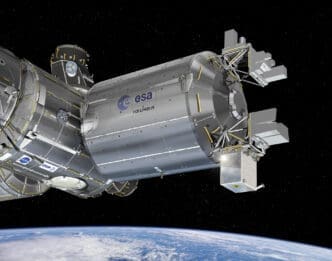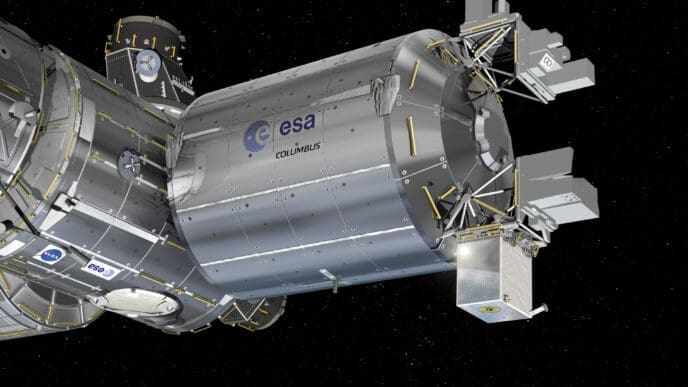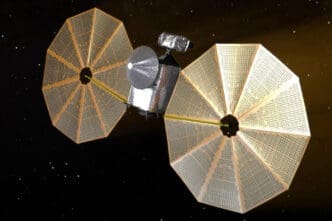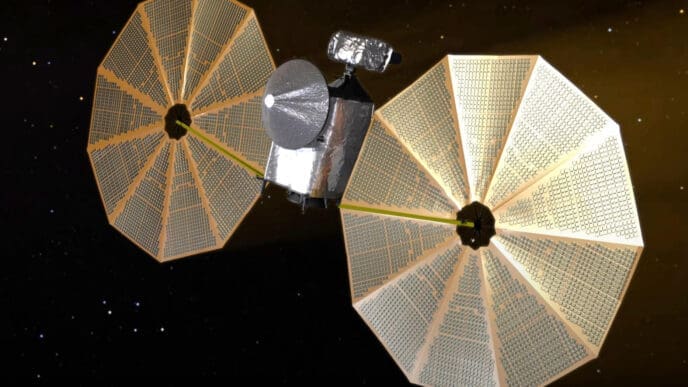NASA’s Psyche spacecraft is embarking on a remarkable journey towards the asteroid 16 Psyche, which may harbor minerals of astounding theoretical value. While the potential worth of these space resources is monumental, the exploitation of such cosmic riches remains tightly woven within international and national legal frameworks.
The concept of space mining is not just about bringing minerals back to Earth; it’s about utilizing extraterrestrial resources to support prolonged missions and technological advancements. This emerging industry relies heavily on technological progress as well as a thorough understanding of legal boundaries.
At the heart of space legislation is the Outer Space Treaty (OST) of 1967, preventing national claims of sovereignty over celestial bodies. Although the Treaty did not foresee today’s advancements, it lays the groundwork by discouraging territorial claims while allowing resource use.
As nations explore space, the legal landscape is evolving. Countries like the United States, Japan, Luxembourg, and the UAE have created laws that permit ownership of extracted resources from space. However, the application of national laws, particularly concerning intellectual property like patents, in the cosmos, is still in its infancy.
The Artemis Accords of 2020 address the OST’s constraints by asserting that resource extraction does not equate to national appropriation. The Accords introduce the concept of safety zones to prevent conflicts over resources like lunar water and helium-3. Although designed for safety, these zones might lead to exclusive access, indirectly conflicting with the OST’s principles.
Distinguishing between resource extraction and appropriation, much like fishing where one does not claim ownership over the sea, is crucial. Nations and businesses are becoming increasingly invested in these celestial opportunities, focusing on acquiring resources without asserting territory, which aligns with international consensus.
A large part of future challenges includes enforcing territorial patents in space. Given the substantial investments in space mining, legal frameworks for intellectual property must evolve in tandem with those for resource acquisition.
Space mining represents a promising frontier for both technological advancements and economic opportunities. However, navigating the associated legal landscape requires careful consideration and ongoing international dialogue. As space-faring nations push the boundaries of exploration, the establishment of comprehensive legal frameworks will be vital to ensure that this new era is marked by cooperation and shared benefits.
Source: Spacenews











